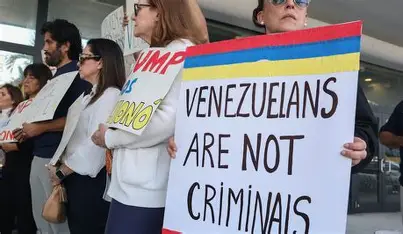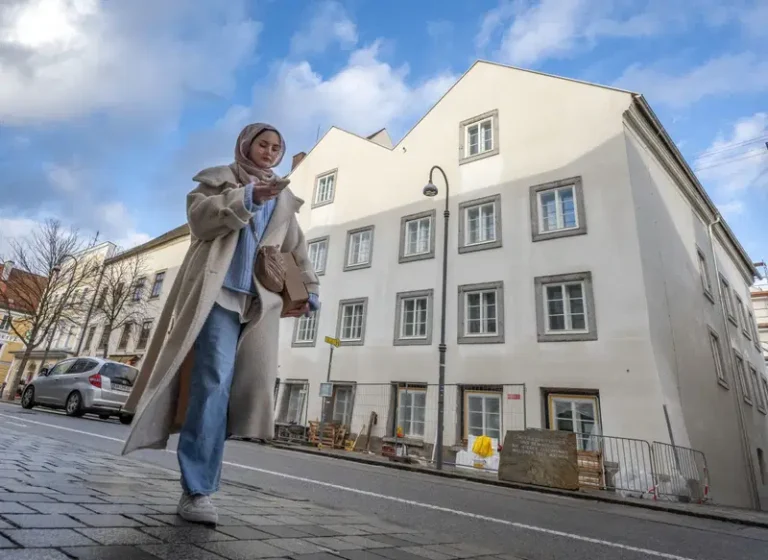
The Executive Secretary of the Nigerian Content Development and Monitoring Board, NCDMB, Engr. Felix Ogbe has maintained that the board would achieve its target of pushing local participation in the oil and gas industry to 70 percent by 2027.
Engr. Ogbe who stated this in Abuja at the opening of the Nigerian Content Seminal to mark the beginning of the 2024 Nigerian Oil and Gas conference, said jobs in the industry can only be out-sourced when there was no in-country capacity.
He said the board would continue its stringent monitoring of projects in the country to ensure that where local capacity exists, Nigeria companies were given the opportunity to bid for the jobs.
He stressed that the “board will only approve local content plans that consist of contractors meeting the legal definition of Nigerian companies and demonstrating the capacity to execute projects within Nigeria”.
He added the NCDMB would continue to ensure that all services provided in the industry “generate values within the country”.
On his part, the Director, project Certification and Authorisation, NCDMB, Engr. Abayomi Bamidele said a lot of progress has been made in growing local capacity in the Nigerian oil and gas industry, disclosing there are currently over 13,000 indigenous oil service firms registered by the board and over 120 operators registered also.
Meanwhile, the Chief Executive, Nigerian Upstream Petroleum Regulatory Commission, NUPRC, Engr. Gbenga Komolafe has harped on the need for oil and gas producing African countries to collaborate and develop common guidelines to regulate the industry on the continent, reports the Vanguard.
Komolafe who stated this during the launch of African Petroleum Regulatory Forum, AFRIPERF, said the launch marked “a significant milestone in our collective journey towards fostering a more collaborative, innovative, and sustainable petroleum industry in Africa.A
“The establishment of the AFRIPERF signifies our commitment to working together to overcome common challenges and seize the opportunities that lie ahead to achieve our national aspirations in developing and utilisation of our hydrocarbon resources”, he added.
Komolafe pointed out that “currently, Africa holds substantial oil and gas reserves. The continent’s proven oil reserves are estimated to be around 125 billion barrels, representing approximately 7-9% of the world’s total oil reserves, while the proven natural gas reserves are estimated at around 620 trillion cubic feet (Tcf), which is about 7-8% of the global total (Mondaq).
“Aside from hydrocarbon resources, Africa is blessed with potential for green and blue hydrogen, solar, wind, biomass and critical minerals to develop clean energy technologies as well as a growing population predominated by young people representing a huge economic asset. Indeed, Africa’s potentials are derived from its human, natural and material resources which must be mobilised to propel the continent on a path of economic growth and development.
“With a population of 1.49 billion compared to the combined population of Europe and the USA estimated at 1.1 billion, Africa has the second largest population among the continents of the world. This population is expected to continue growing rapidly in the coming decades. Notably, Africa has a substantial share of the global youth population. According to the United Nations and various demographic studies, Africa’s youth population (defined as individuals aged 15-24) is approximately 226 million, making up about 20% of the continent’s total population and approximately 18.8% of the global youth population”.







